Kimiko Hahn’s Sincere Assemblages
The question of a collection whose various subjects are assembled, rather than logically produced, is less what they have in common; it is instead what they make in common.
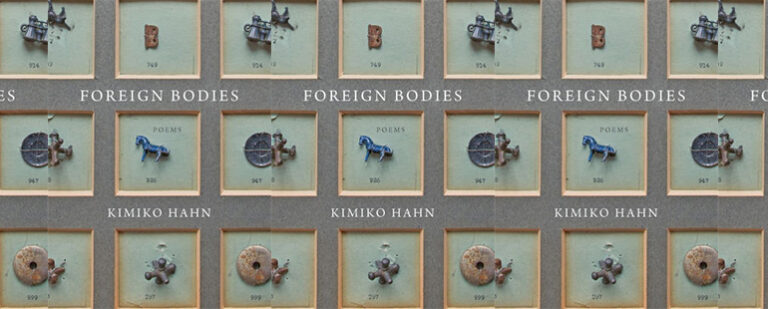
The question of a collection whose various subjects are assembled, rather than logically produced, is less what they have in common; it is instead what they make in common.
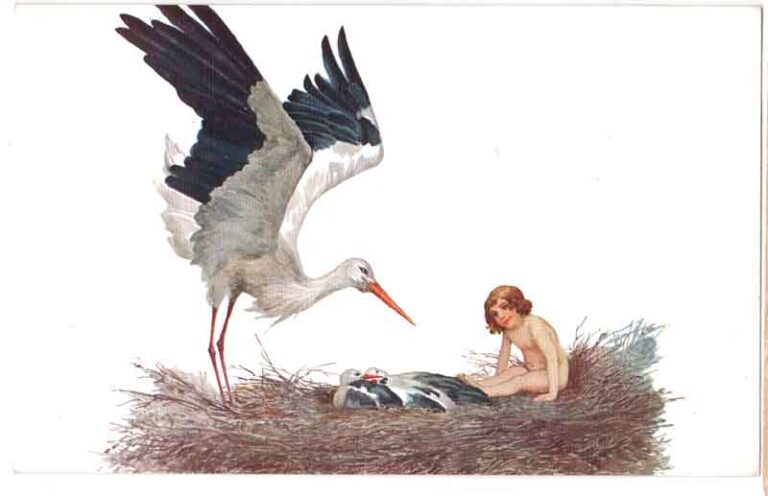
Fiction writer and essayist Joy Williams wears sunglasses all the time—a fact that might be a walking metaphor. In Williams’ world, it seems, God is also wearing a pair of mirrored sunglasses, and after we tire of making funny faces at ourselves in His lenses, we start to panic.
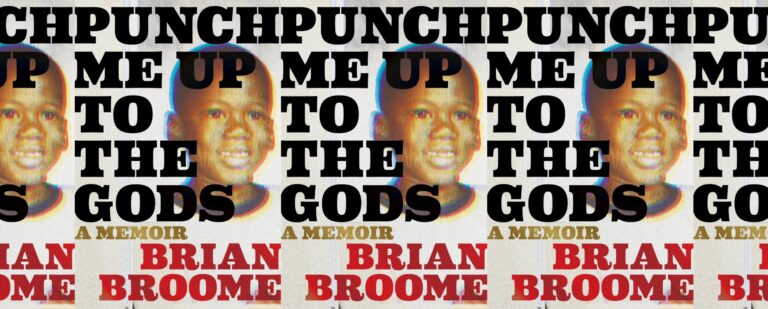
Brian Broome’s 2021 memoir is a letter to Black boys and Black men who have been “molded, not with fingers but with punches.”
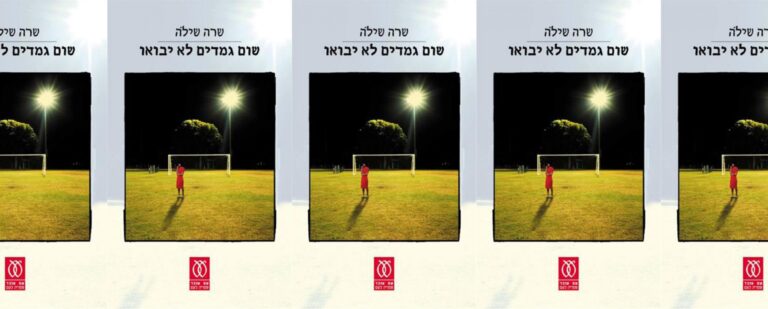
Sarah Shilo’s 2005 novel explores the repercussions of trauma without support, tragedy without aid.
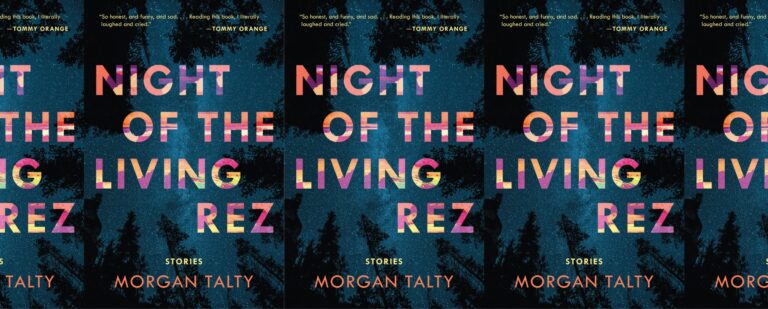
The story of the destruction of one world has on its other side the generation of something new. It may not be a world fit for the living, but it is still a world—a new one, at that.
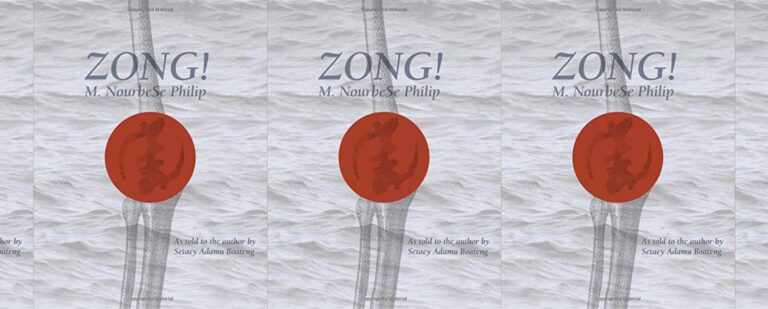
M. NourbeSe Philip makes it clear that the material body, personal identity, and non-dominant culture become sites of violence when they are submitted to totalizing modes of financialization. In her 2008 book of poetry, this violence is demonstrated in its most immediate and graphic form: chattel slavery.
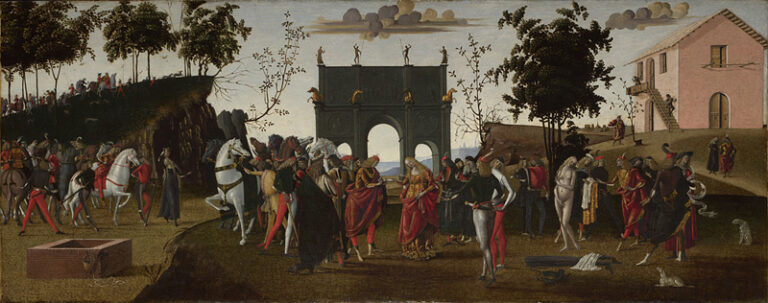
To understand what is “medieval” about particular forms of contemporary violence is not to understand a history of violence. It is, instead, to understand our own modern cruelty and our own deep discomfort with acknowledging it as ours.
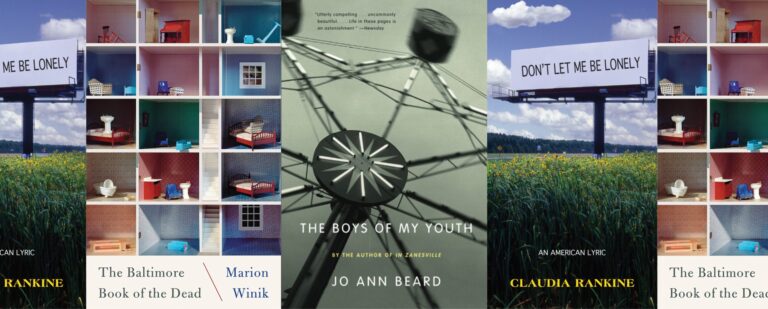
“When I was a teacher, death always lingered in the back of my mind.”
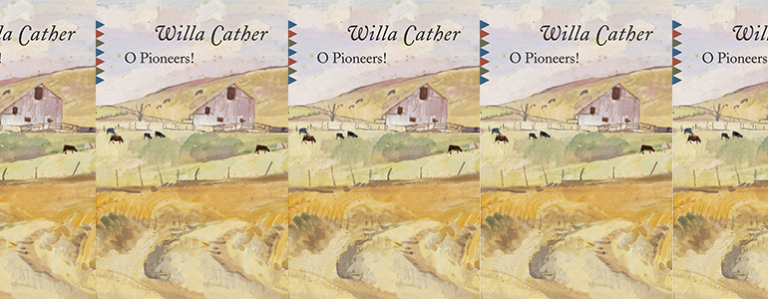
Willa Cather’s 1913 novel provides a vision of America that is at once familiar and completely foreign. As the novel revels in scenes of natural beauty and “simpler” times, it also warns us that such idealized visions of America were dangerous and violent all along.
No products in the cart.